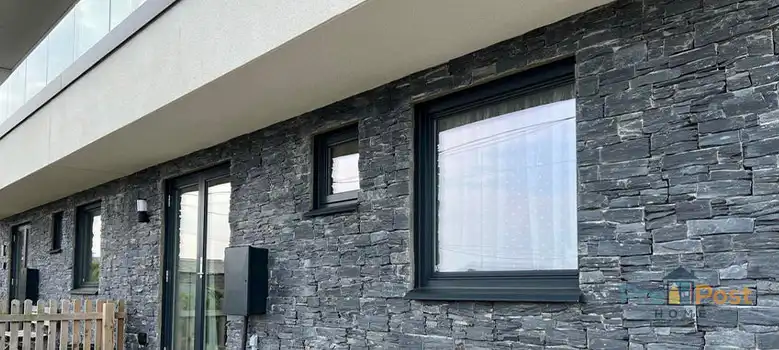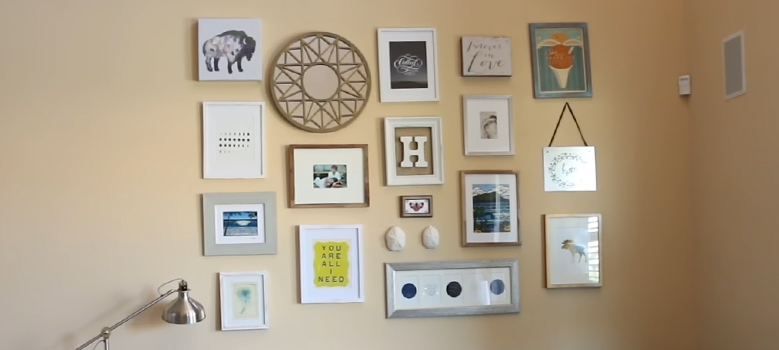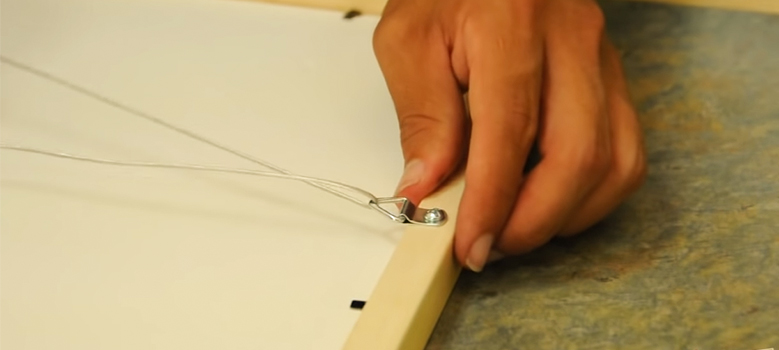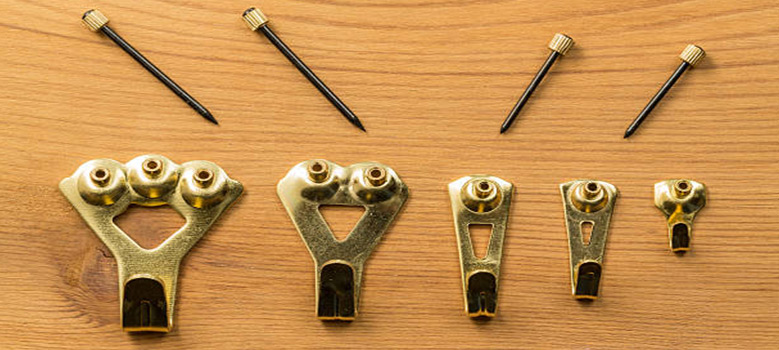When you are building your dream house, one thing pops in mind, how thick should be the exterior wall?
It not only depends on how thick you want but a few other components. What material it will be built out of, what is your structure size, how many stories it will be, and so on.
But in general, exterior walls come in different thicknesses depending on their material. To know all about how thick is an exterior wall, you have to go through the article. We will discuss different materials and what are their benefits and drawbacks.
How Thick Is an Exterior Wall Made of Brick, Wood, Insulated Vinyl, Steel, and Cinder Blocks
Here we will go through the different materials that are used to build an exterior wall and their thickness. You will be amazed that some walls are not as thick as others but provide the same insulation.
Different Types of Walls
There are different types of materials used to construct an exterior wall. The common materials are:
- Brick.
- wood.
- Insulated vinyl.
- Steel.
- Cinder blocks
Brick Wall
Brick walls are the most traditional exterior wall material. They are used because of their rugged and sturdy nature. Along with the feel of being safe and sound from any exterior climate and harm.
They can withstand any harsh outside climate and weather. As well as supply the needed insulation for the inside.
On great thing about brick walls is that they keep your interior cool even in the summer months. And warm in the winter.
They are constructed 4.5 inches thick. As they can take on loads and structures, the thickness rises to 9 inches. This allows it to hold more structures like two or three-story buildings.
Wooden Wall
Wood is also used in some states as exterior walls. They require expertise to build and a pretty long time too.
Maintaining them is a whole another game. Seasoning the wood, keeping them away from rotting, fireproofing them, anti-bug infestation, and so on.
But a wooden house has a 5-inch exterior wall. They provide you a natural feel inside and can shelter you from a good deal of weather change. But they are not as sturdy and rugged as a brick-build exterior.
Insulated Vinyl Wall
Insulated vinyl is the new building equipment. They are used for their low weight and low maintenance properties.
Experts align the pre-made vinyl on top of each other to give it a signature look. They come with waterproof, windproof, and long-lasting qualities.
One of the reasons they are used is that they are inexpensive and provide a good amount of insulation. And they are easy to put up.
An insulation vinyl wall can be 1.25 inches thick at the top. Making it the easiest to handle and use.
Steel Wall
One of the strongest materials, steel is also being used in building exterior walls. They are rugged, sturdy, and hard to take down.
The protection they provide is phenomenal. Keeping internal temperatures in control, a steel wall can be used in different designs and structures.
They require very little maintenances to none. And an exterior wall can be 10-12 inches thick. Which is crazy to have! You can also dial down to 6-8 inches depending on your structure.
One thing that sets it back is the price. They are the most expensive ones on this list.
Cinder Block Wall
Cinder blocks are widely used for commercial structures. They are manageable and can be stacked up one another easily. Hence they are used everywhere.
They can be 4 to 12 inches in thickness. Providing good insulation inside the home. And relatively inexpensive than bricks and other materials.
The downside is that they can get moldy. As a very small amount of air can pass through them, the inside starts to mold in time. Not only that, but this also makes anything inside the house deteriorate in time.
Proper paints and sealing sometimes help. But in the long term, they are not as good as other materials.
Frequently Asked Questions
How to repair a brick exterior wall?
You can use mortar mix to repair your brick exterior wall.
What should I use to fix a crack on my wooden wall?
You have to use sandpaper to smooth the surface and then apply putty to fix a crack on a wooden exterior wall.
Will steel exterior walls create too much heat?
Yes and no. If you create proper insulation, your steel exterior wall won’t heat up as much in the summer. Without proper insulation, it will be unbearable.
How long does insulated vinyl exterior last?
Depending on natural factors like the sunlight, rain, and other climate elements, an insulated vinyl exterior might last somewhere between 20-30 years.
Conclusion
The thickness of an exterior wall depends on many things. How much weight will it carry, what kind of material you are using, what is the purpose of the wall, and so on. But for a normal house, the standard of each material is mentioned in the article.
The numbers might slightly change depending on your design and structure, but it will provide you with your purpose. And exterior walls need to be maintained no matter how sturdy material you use. As it is said, the inside is as better as the outside. So to keep your insides well and preserved, you have to maintain your exterior wall.





